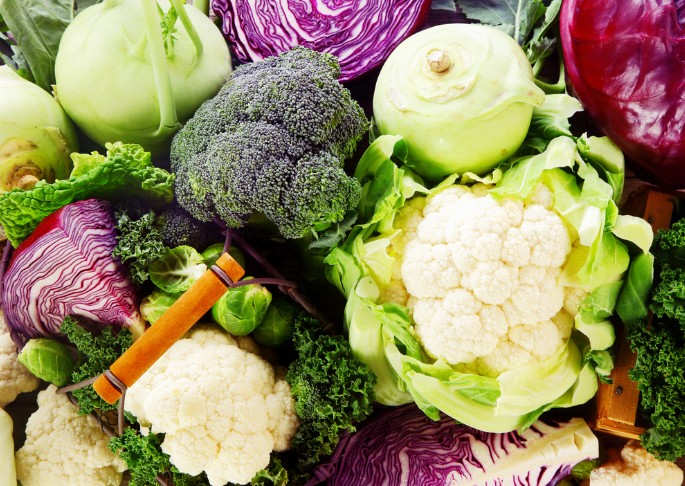Vegetables vs. Cancer: Meet the Cruciferous Family
Cruciferous vegetables like cabbage, broccoli, kohlrabi, Brussels sprouts, and cauliflower are known for their cancer-fighting properties due to their antioxidants and fiber content. It's best to consume them raw or steamed, ensuring they're insect-free and in accordance with dietary laws.

Vegetables belonging to the cruciferous family are prominent in various health salads. They include cabbage, broccoli, kohlrabi, Brussels sprouts, and cauliflower (ensure to purchase from companies reputed to have insect-free produce). The special feature of the cruciferous family is that they contain numerous substances considered to be strong cancer fighters due to their antioxidants.
Studies have shown that certain substances found in these vegetables can target cancer stem cells that survive conventional treatments like chemotherapy and radiation, and might spread again if not destroyed (cancer stem cells have the ability to renew and spread in the body). During research, cancer cells of various types were placed in a Petri dish along with these substances, and a high percentage of the cancer cells were destroyed within 24 hours. Therefore, a diet rich in these vegetables can provide long-term protection against cancer cells. However, it's important to note that not all members of the cruciferous family contain the same antioxidants, hence it is recommended to consume a wide variety of vegetables from this family to provide our body with a broad range of antioxidants and cancer-fighting agents.

In addition to antioxidants, this family is also rich in dietary fibers. The fibers are not absorbed by the body but their presence gives us a sense of satiety. They also bind with different sugars and fats, thereby helping to balance sugar and fat levels in the blood. They are also rich in various vitamins such as vitamin C and E, which also assist the immune system as they are potent antioxidants. When delving into cookbooks, you will find various recipes involving cooking cabbage, cauliflower, broccoli, etc. However, it turns out that it is advisable not to heat the vegetables from the cruciferous family too much since their cooking impairs the antioxidants and diminishes their effectiveness. Instead, it is better to eat them raw or with minimal steaming.
Despite the enormous importance of the cruciferous family, those suffering from an underactive thyroid cannot consume these vegetables as they are, because they contain goitrogenic compounds - which can harm the thyroid gland. Goitrogens are iodine-absorbing substances, and iodine is essential for producing thyroid hormones. If the gland does not receive iodine, it will weaken. The way to consume cruciferous vegetables for those with thyroid issues is to cook them for about half an hour, as this breaks down the iodine-absorbing substances. In this way, we must accept the reduction in their antioxidant value.
Eliahu Shechter is an iridologist and natural therapist

